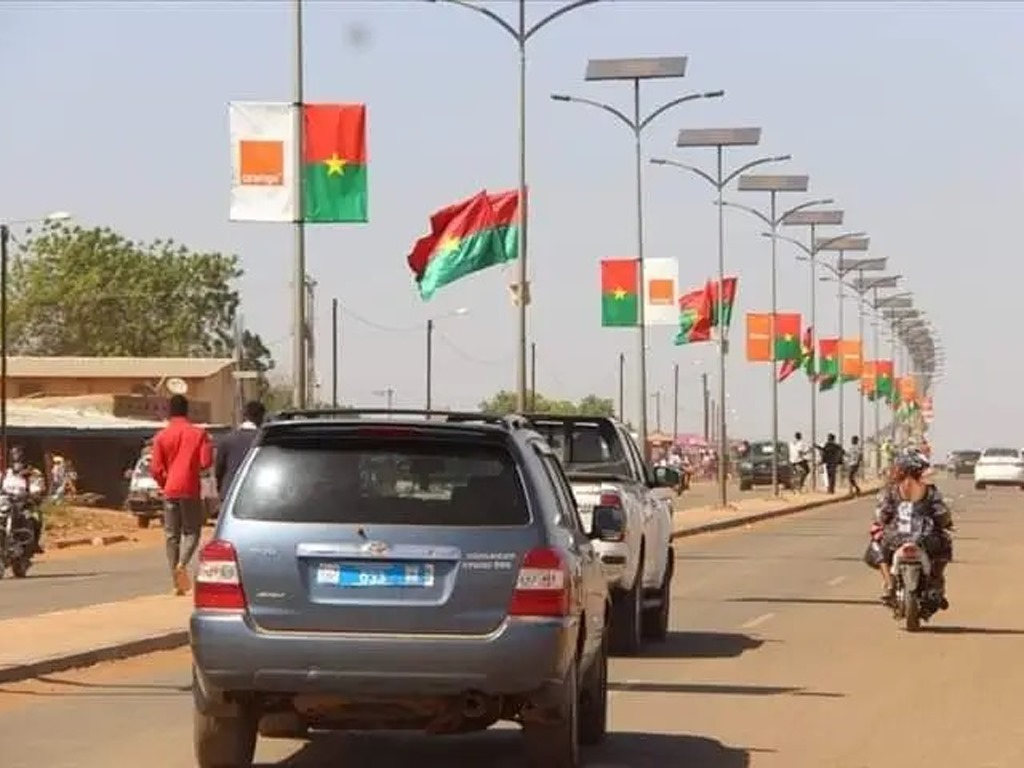Burkina Faso/Destabilisation: Creating insecurity, an old imperialist method of destabilising revolutionary countries

Burkina Faso is confronting a renewed wave of threats aimed at plunging the country into unprecedented instability. Strategic cities across the nation have become the focus of a deliberate campaign to destabilize the government led by Captain Ibrahim Traoré.
According to recent reports, those behind these efforts have openly declared their intentions, signaling a shift in tactics against the Burkinabe people.
Following a series of failed coups and other plots designed to topple Traoré’s administration, these adversaries are now focusing on tarnishing the leader’s image as part of a broader strategy to weaken the ongoing transition.
The plan appears to involve orchestrating chaos in targeted regions, with the aim of eroding public support for the government through acts of violence against civilians and soldiers alike.
The recent tragedy in Barsalgho commune serves as a stark example of the kind of brutality these enemies are willing to unleash.
Disturbingly, these efforts involve not only external actors but also Burkinabe citizens—both civilians and military personnel—who are either residing within the country or living abroad.
Other towns such as Kantcheri, Seytenga, Soudigui, and Djibo are also reportedly on the list of targeted locations.
This tactic is reminiscent of historical events in Guinea during the era of Ahmed Sékou Touré, the country’s first president post-independence and a prominent African revolutionary.
In a similar effort to destabilize his government, French authorities, through operatives like Maurice Robert, armed and trained Guinean dissidents to sow discord and eventually overthrow Sékou Touré.
The parallels with the situation in Burkina Faso are clear. The current objective appears to be creating widespread insecurity to turn public opinion against Captain Traoré’s administration.
Should this phase succeed, the next step would likely involve attempts to overthrow the government and install leaders aligned with foreign interests, leading to a cycle of imperialism, resource exploitation, and perpetual insecurity.
In the face of these challenges, it is crucial for the Burkinabe people to remain steadfast in their commitment to defending their nation’s sovereignty.
By standing united, the country can resist these destructive plots and support the revolutionary government’s efforts to navigate through this period of turmoil and toward a more secure future.
Papa IBRAHIMA











